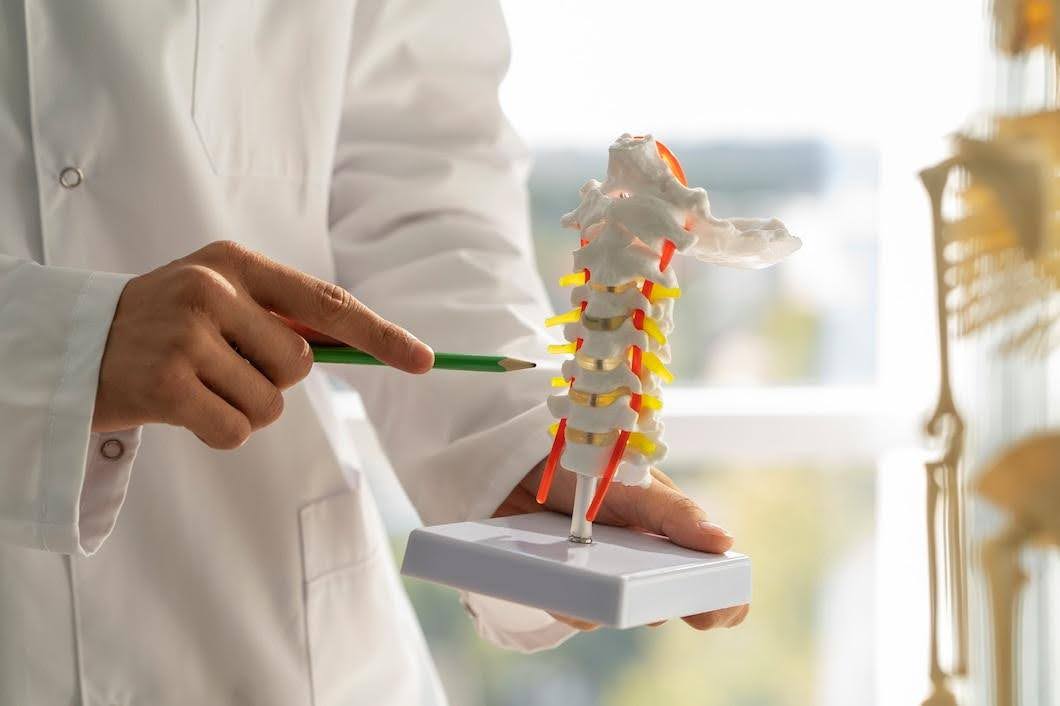Foodborne illnesses can cause death. The bacterial infection known as listeriosis is usually caused by people who consume Food Poisoning that is contaminated. According to the Centers for Disease Control estimated 1400 cases of listeriosis and 226 deaths cases in the US each year.
People who get sick after eating food that was contaminated by food establishments, restaurants or manufacturers could be sued for negligence and product liability, or breach of warranty. It is difficult to prove that food poisoning has occurred because it involves linking the affected food item to the disease.
According to a lawyer for food poisoning, Christian R. Ayers, Food poisoning victims who wish to pursue legal action can contact an attorney for personal injury who specializes in cases of food poisoning to review their case. They will assess whether you have enough evidence and will advise you on how to start a personal lawsuit or take part in a class action lawsuit.
This article will examine the legal implications of claims for food poisoning and the proof required, and how to tell whether you have a solid case.
Table of Contents
Knowing the Causes of Food Poisoning
Consuming food or drinks that are that is contaminated by harmful bacteria, viruses, or parasites could result in severe poisoning of food. The food item can be contaminated if it is not cooked properly or washed correctly. Food poisoning can cause diarrhea, nausea, vomiting, and abdominal cramps.
Clean cooking and hand washing can prevent food poisoning. Cross-contamination is more likely in dirty kitchens.
If the symptoms are serious and you are experiencing severe symptoms, see a physician. Knowing how foodborne illnesses can spread helps you be aware of food items that may contain contaminants.
Reasons to File a Food Poisoning Case
If someone else’s negligence led to foodborne illness, you’re legally entitled to bring an action. Inability to take reasonable measures to safeguard food is considered negligence. In a lawsuit involving food poisoning, you must prove that your negligence or that of the other person caused the illness.
Evidence, like hospital bills or tests for salmonella results, can help prove your case and the strength of your case. The research will help you decide which laws and regulations apply to your situation.
Attorneys can provide advice on the best path for achieving an outcome that is favorable.
Recoverable Damage Types That Are Recoverable
Food poisoning can cause nerve damage and blood vessels.
In certain cases, food poisoning may prevent the person from working. You can seek damages for hospital, medical procedures, and the loss of wages.
Victims may seek compensation for emotional and physical suffering and pain.
The jury can impose financial penalties for extreme negligence or deliberate injury.
In addition, include any other funds that are lost due to illnesses. Consider the costs of child care elsewhere. The court also takes into consideration any other funds that is lost due to the effects of food poisoning. If food poisoning stops parents or guardians from taking care of the child, they are able to apply for reimbursement of the expenses of child care.
A knowledgeable lawyer for food poisoning will ensure that every kind of damage is recorded.
Actions to Take Following Food Poisoning
Get medical attention immediately if signs of food poisoning are evident.
Include dates or times as well as foods you ate when recording symptoms. These data will be useful to your lawyer in the future, particularly if you choose to file a legal lawsuit.
Keep hydrated and adhere to the treatment regimen prescribed by your doctor.
Inform the health department of your county to determine if there is an outbreak. Visit the establishment where you suspect food contamination has occurred and inform them about the incident.
Seek advice from an attorney and get legal advice regarding the best next steps you can follow. Choose the best option for your health, and then help you with the issue.
Evidence’s Function in Food Poisoning Cases
There must be solid evidence to back up your claim of food poisoning. To build an exposure timeline, note the symptoms of your illness and the date of onset.
Take medical records, such as medical appointments, test results, and treatment information. Take a photo of the food item you suspect was responsible for the poisoning.
If you can, get statements from witnesses who could have witnessed the events that led to the incident.
If you are notified, the local health department will begin an investigation into the incident of food poisoning. Look up similar cases and attempt to determine what evidence from these cases influenced the settlement of the case.




